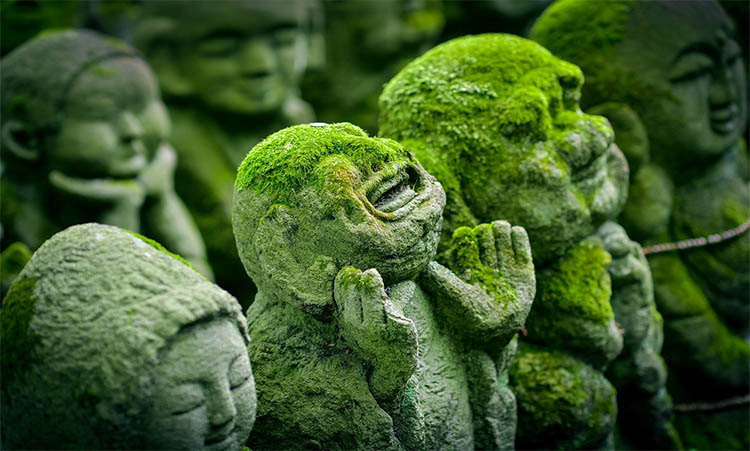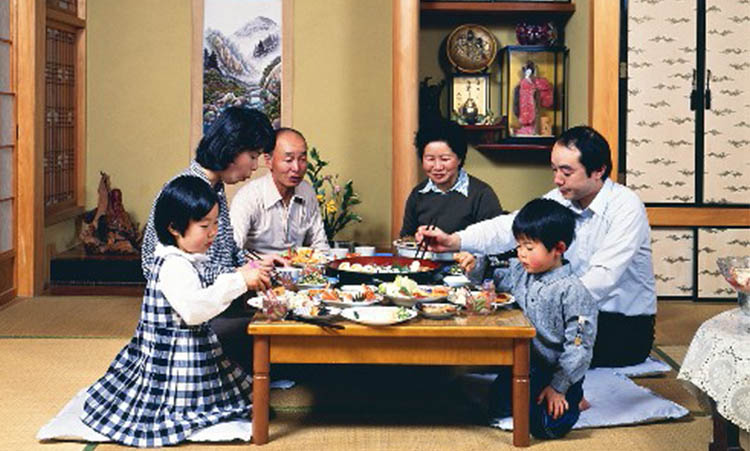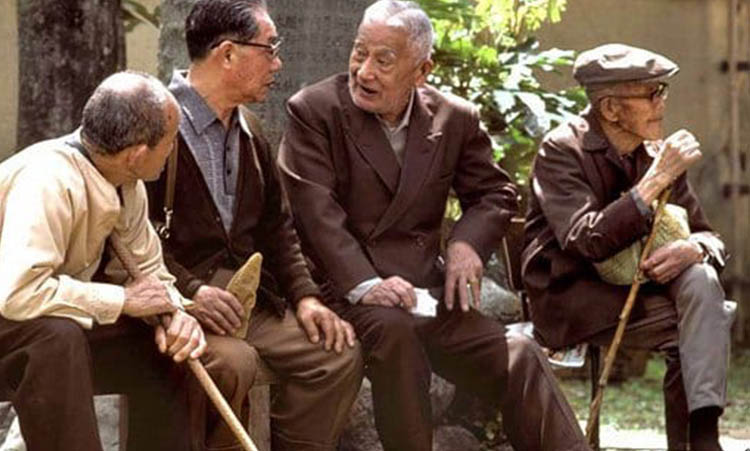Japan
Dear fellow caregivers,
You are welcoming a patient from Japan.
Here is a list of useful information to know in the context of his medical care.
General Information
Distance Paris ✈ Tokyo : 6036 miles
126.7 million inhabitants / Average salary: $3,474 per month
Literacy rate: 99.9% / Life expectancy: 84 years
Spoken language : Japanese
● Family members, especially the mother, may want to remain continuously at the bedside to provide care and support.
● In Japan, there is a stigma attached to mental illness. Therefore, it is difficult for a native Japanese person to recognize that he or she has a mental illness.
● In general, there is often great pressure on children to do well in school.
● The most common infectious diseases are: COVID-19, tick-borne encephalitis, Japanese encephalitis, hepatitis A and B, and Zika.
Communication

● In Japanese families, the man is traditionally the one who makes decisions, even medical ones for his relatives.
● In order to “keep face”, Japanese people may tend to avoid or hide anything that might bring shame to the family or community, no matter how trivial.
● Japanese people have a deep respect for the elderly.
● Formality in words and gestures is preferred.
● Shaking hands is an accepted custom for greeting strangers.
● For Japanese people, smiling or laughing may conceal embarrassment or awkwardness, especially when discussing serious medical cases or delicate situations.
● It may be helpful to reiterate proposals made to the patient because the patient may refuse them, in the first instance, out of politeness.
● Depending on who they are talking to and the situation, Japanese people might avoid showing their suffering or changes related to their health.
Beliefs, Practices & Rituals

● Japanese patients may view illness as a lack of body balance and harmony of energies.
● Japanese people may belong to Christianity, including Catholicism or Protestantism. Buddhism and Shintoism are also widely practiced religions.
● In Japanese culture, the numbers 4 and 9 are symbols associated with death.
Eating habits

● Japanese people favor food that is as fresh as possible and beautifully presented.
● The traditional Japanese diet consists mainly of fish, poultry meat, rice, fresh vegetables, fruits and tofu.
● Raw fish is not an integral part of the daily diet.
● It is a very bad idea to stick your chopsticks into the rice. It is better to leave them on the tray.
● Green tea (or herbal tea) is the favorite drink of the Japanese.
Pregnancy and motherhood

● Culturally, Japanese women are more concerned with hiding the round belly than showing it off.
● Traditionally, the Japanese father is excluded from motherhood and the mother is the only one responsible for the home. However, this situation is tending to disappear.
● Most newborns have a blue/gray spot (the mongoloid spot) that appears at birth on the lower back and/or buttocks. This spot disappears over time.
End-of-life care

● Culturally, in Japan, talking openly about death may be difficult depending on the degree of attachment of the person.
● When a patient is terminally ill, family members might want to preserve the patient and not tell the patient.
● A family member might moisten the individual’s lips immediately after the individual dies. (XXXX Why?)
● A family member might want to keep a lock of the deceased’s hair.
● XXXXX???? Traditionally, organ donation is not highly favored. This choice is sometimes made clear before death. However, in the absence of a written document, an individual is considered a potential donor as a matter of principle unless the family objects.
Examples of Cases Encountered
This section allows us to share experiences. Feel free to share yours with the community.
● Cleveland Clinic – Diversity Toolkit
● Courrier international – Une psychiatrie mondialisée : Comment l’Occident exporte ses troubles mentaux
